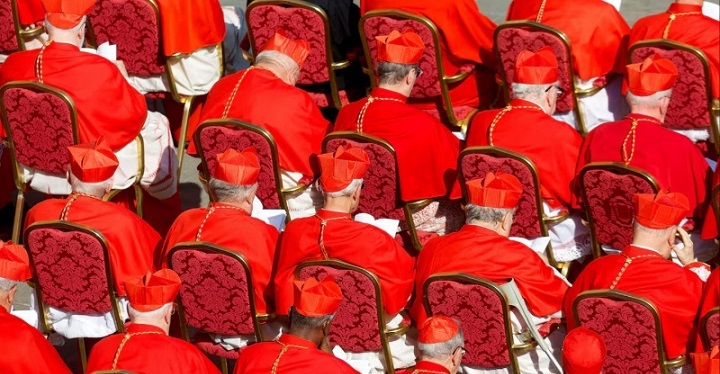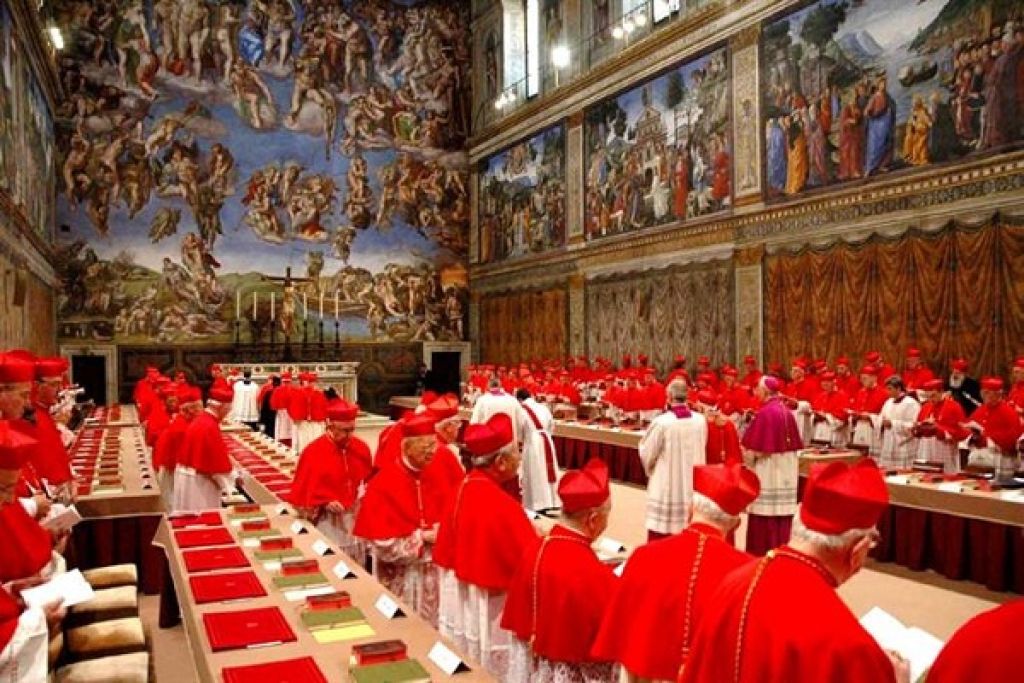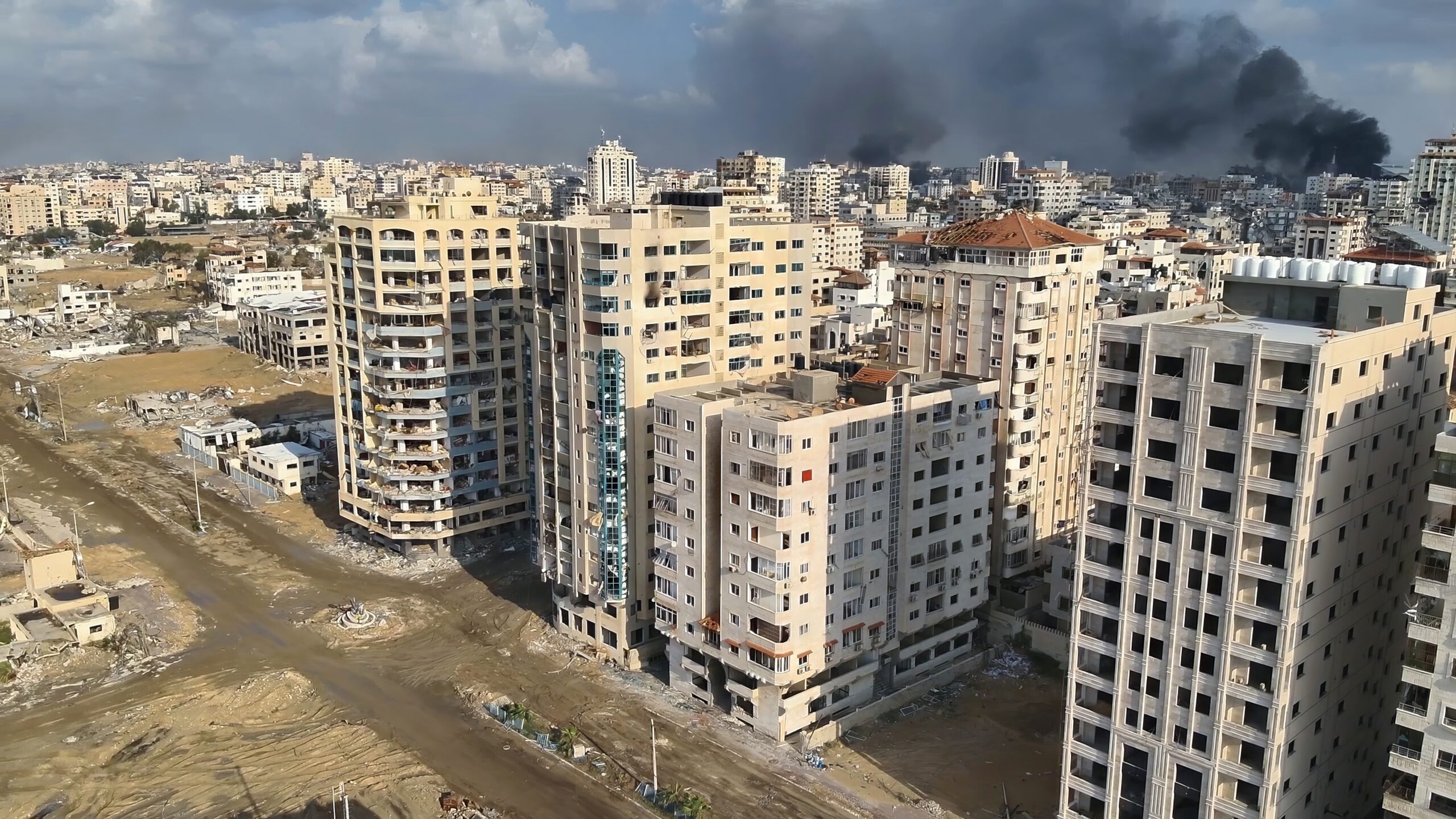[ad_1]
BEIRUT (Reuters) – Saad al-Hariri said on Sunday he would return to Lebanon from Saudi Arabia in two or three days to affirm that he had quit as prime minister, and also hinted that he could take back his resignation.
In an interview with a television station that he owns, the Saudi-allied Hariri, Lebanon’s most influential Sunni Muslim politician, gave his first public comments since he read out his resignation on television from Riyadh eight days ago.
He said Lebanon was at risk of Arab economic sanctions because of what he described as interventions in Yemen and Bahrain by the powerful, Iran-backed Lebanese group Hezbollah, which is part of the coalition government Hariri has led.
Hariri, who has not returned to Lebanon since he declared his shock resignation, said he stepped down for the sake of the Lebanese national interest, repeatedly saying the country must stick by a policy of “disassociation” from regional conflict.
“I am freely in the Kingdom, and if I want to travel tomorrow, I will travel. I have a family, and it is my right to protect them,” Hariri said of his presence in Saudi Arabia.
When he resigned on Nov. 4, he said he feared assassination. His father, a long-serving former prime minister, was killed by a bomb in 2005.
During his interview, he alluded only elliptically to the possibility that he could withdraw his resignation, saying that if he were to rescind it, Hezbollah would have to respect the policy of avoiding participation in regional conflicts. He singled out Yemen, where Saudi-led Arab forces are fighting against the Houthi movement which Riyadh says is backed by Iran.
Hariri’s resignation from abroad and the week of silence that followed has destabilized his country, where Sunni, Shi‘ite, Christian and Druze factions fought a civil war from 1975-1990, often backed by rival powers around the region.
After Hariri announced his resignation, Saudi Arabia accused Lebanon of declaring war against it because of Hezbollah. The Hezbollah leader on Friday said it was Saudi Arabia that had declared war on Lebanon.
LEBANESE SUSPECT HARIRI‘S FREEDOM RESTRICTED
The resignation and its aftermath have thrust Lebanon back to the forefront of the conflict between Sunni Saudi Arabia and Shi‘ite Iran. President Michel Aoun refused to accept Hariri’s resignation unless he tendered it in person in Lebanon.
Top Lebanese government officials and senior sources close to Hariri say they believe Saudi Arabia coerced Hariri into resigning and has put him under house arrest. Hezbollah says Saudi Arabia’s aim is to destabilize Lebanon.
Aoun said on Sunday that Hariri’s freedom was being restricted in Riyadh, the first time he publicly declared his belief that Saudi Arabia was holding the prime minister against his will. [nL8N1NI0OC]
Before Hariri’s interview, Aoun said Hariri’s situation threw doubt over anything that he had said or would say, and his statements could not be considered as an expression of his full free will.
Saudi Arabia has denied Hariri is being held against his will or that he had been forced to resign. It has advised its citizens not to visit Lebanon and those there to leave as soon as possible.
Addressing the economic risks to Lebanon, Hariri said: “We know there are American sanctions (targeting Hezbollah), but (do) we add to them also Arab sanctions, what is our interest (in that) as Lebanese?”
“Disassociation is the foundation of Lebanon’s interest. Where do we export our goods, is it not to the Arab states? Where do our sons work …?”
“We must work to preserve this interest, and this interest was threatened, so for this reason I did what I did,” he said.
Reporting by Lisa Barrington, Tom Perry and Laila Bassam; Editing by Peter Graff
[ad_2]
Source link






Leave a Reply